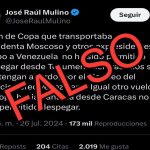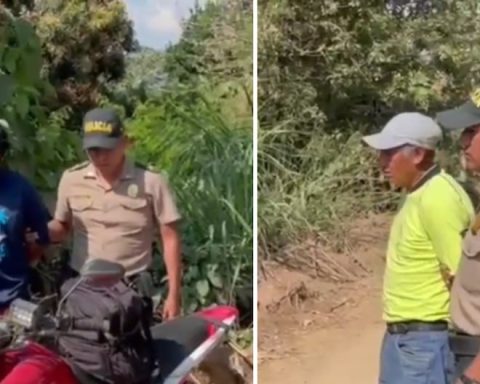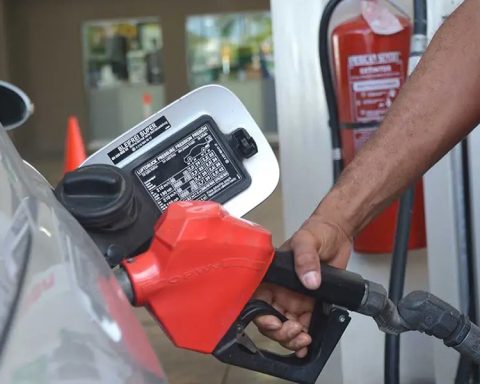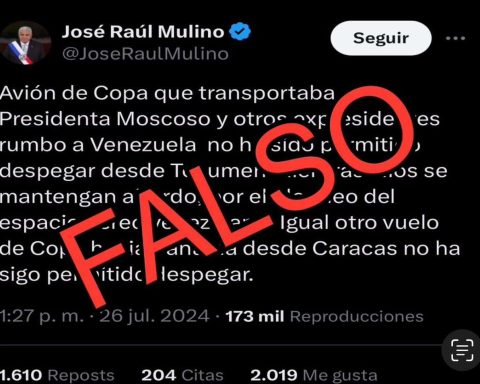The Ministry of Health (MINSA) and the National Customs Authority contradict each other and hold each other responsible for supervising commercial movements related to tobacco products of companies established in free zones and special economic areas, while smuggling is imposed in the country and, consequently, the National Cancer Institute does not receive all the resources it could to care for cancer patients.
Although article 26 of Executive Decree 230 of 2008 requires these companies to present monthly inventories of commercial movements related to tobacco products and their derivatives, neither the MINSA nor Customs are supervising this information. In fact, as can be seen from official documents, no institution knows who is responsible for this control, since the MINSA says that it is the responsibility of Customs, and Customs says that it is the responsibility of the MINSA.
In response to a request for information, the National Director of Health, Dr. Melva Cruz, assured that resolution No. 251 of April 7, 2009 of the MINSA empowered the Customs Authority to track, locate, monitor and control cigarettes and tobacco products that are imported to and through Panama. However, in response to another request for information, Customs contradicts the MINSA and assures that neither the decree nor the resolution mentioned “indicate that said reports must be presented to the Customs Authority.”
In its January 2024 note, Customs even revealed that currently there is not even a regulation for the license and registration that allows the marketing of these products. “However, as a public security institution, we maintain the controls and surveillance required by our customs regulations, as well as the Tobacco Protocol to which we are parties,” he clarified.
The notes referred to were given in response to requests made by the Association of Smokers and Families for a Smoke-Free Panama, which expressed concern not only about the lack of control of smuggling in areas like Colón, but also about the confusion generated by the institutions. by blaming each other for not carrying out all the controls required by regulations to prevent the entry of contraband tobacco products.
According to the Association, one of the institutions “most affected by the fiscal loss” caused by the smuggling of cigarettes and tobacco products is the National Oncology Institute (ION), which must capture 40% of the 50% of the taxes collected by the Association. legal sale of these products in the country. According to data from Crime Stoppers and COEPA, 92% of the cigarettes consumed in Panama are smuggled, which causes tax losses of about $300 million a year, so the ION would be losing $60 million annually.
Greater coordination is urgently needed
Given these contradictions between the authorities controlling cigarette smuggling, Hitler Cigarruista, president of the Association of Smokers and Family Members for a Smoke-Free Panama, assured that the problem of smuggling requires urgent attention from the competent authorities. “We have an urgent need for greater coordination between the institutions in charge of tobacco control in Panama,” he highlighted.
The contradictions between the MINSA and the National Customs Authority obtained by the Association of Smokers and Family Members for a Smoke-Free Panama have shown a lack of control in the fight against the illicit trade of cigarettes between both institutions, generating an insufficient level of compliance with the regulations related to the control of smuggling of tobacco products.
In fact, Panama is considered by Crime Stoppers International as the “gateway” for cigarette smuggling in the region. In this regard, Alejo Campos, regional director of that NGO for the Caribbean, Bermuda and Latin America, has stated that Panama, due to its strategic location on the American continent and being a ‘hub’ for international trade, is also used and abused by these criminal structures to bring all these merchandise, which are not only sold in the country, but are exported to the rest of the region.











